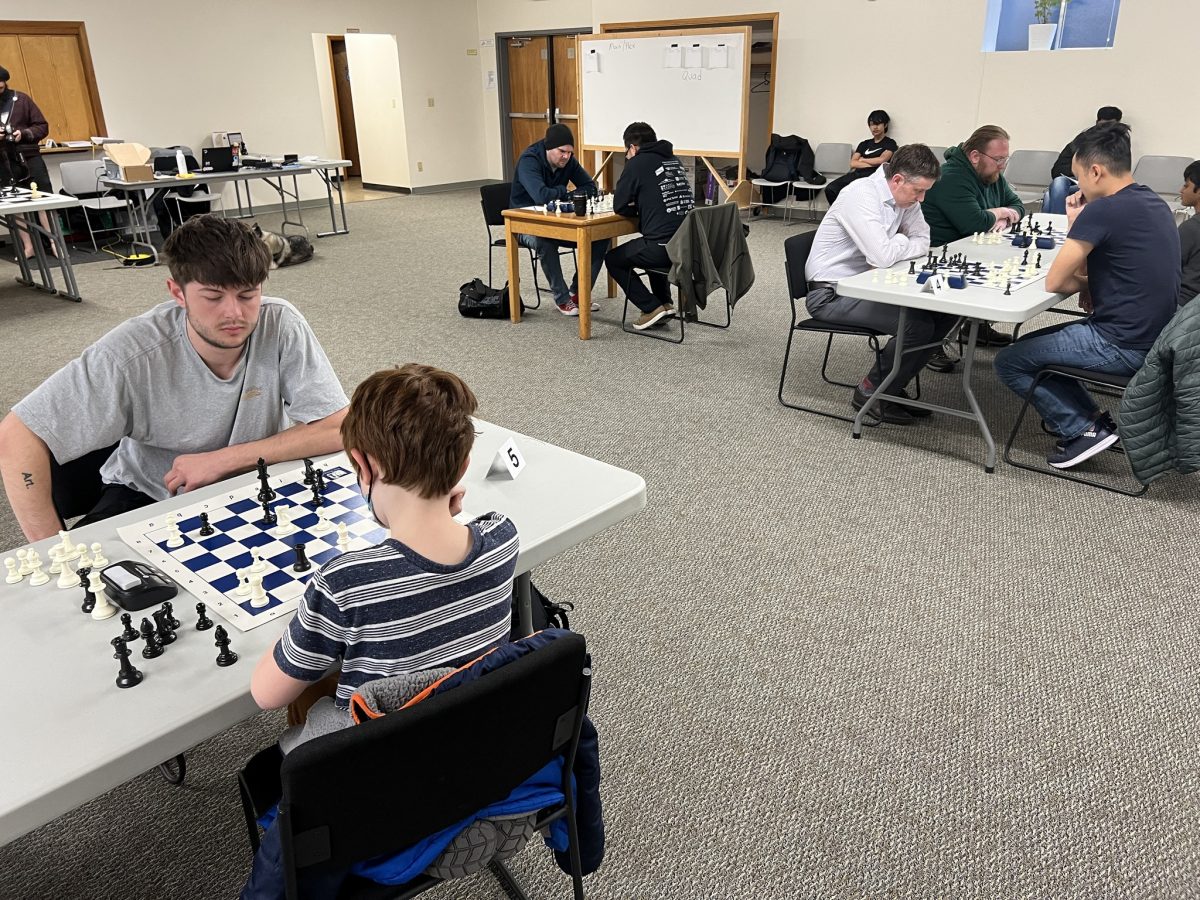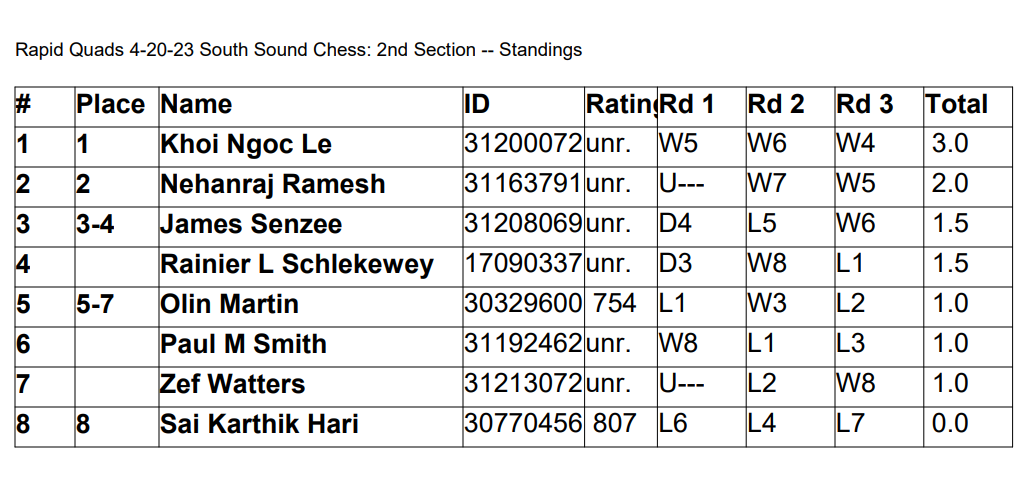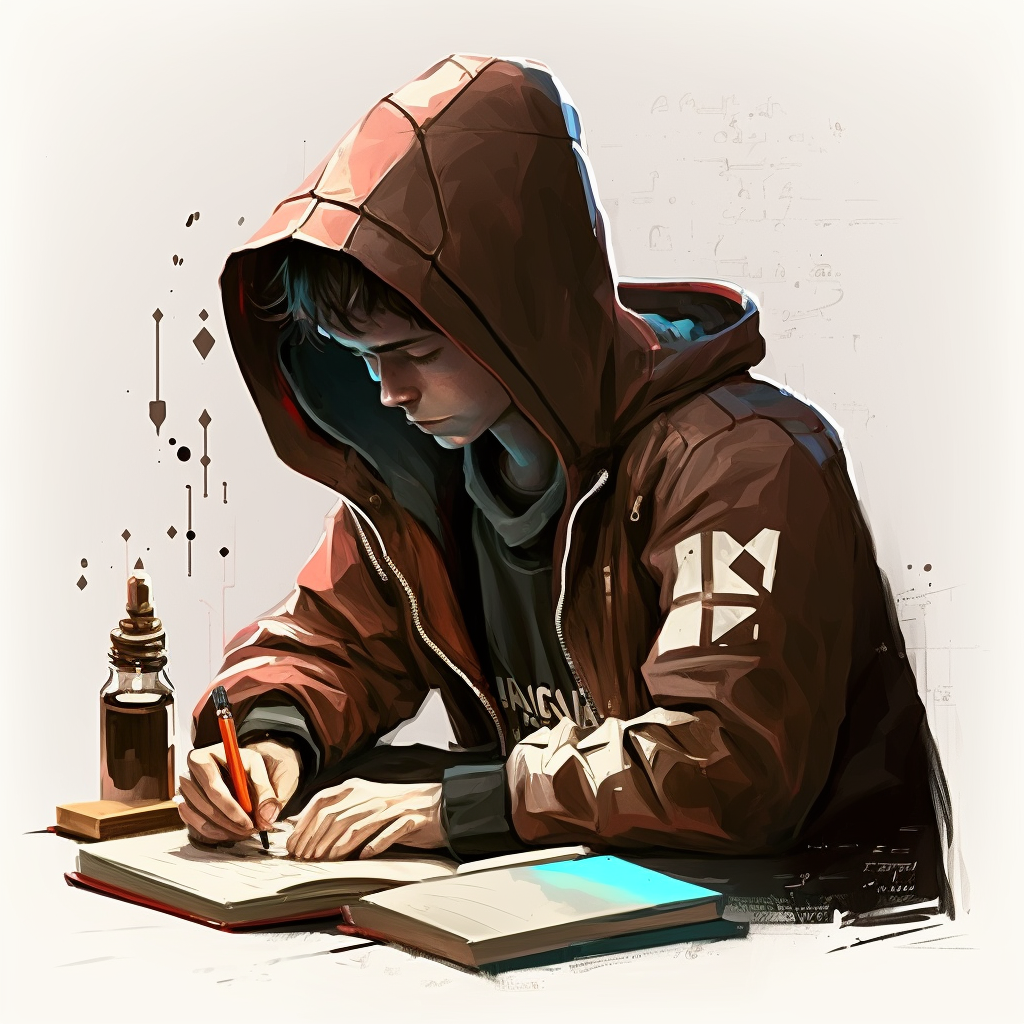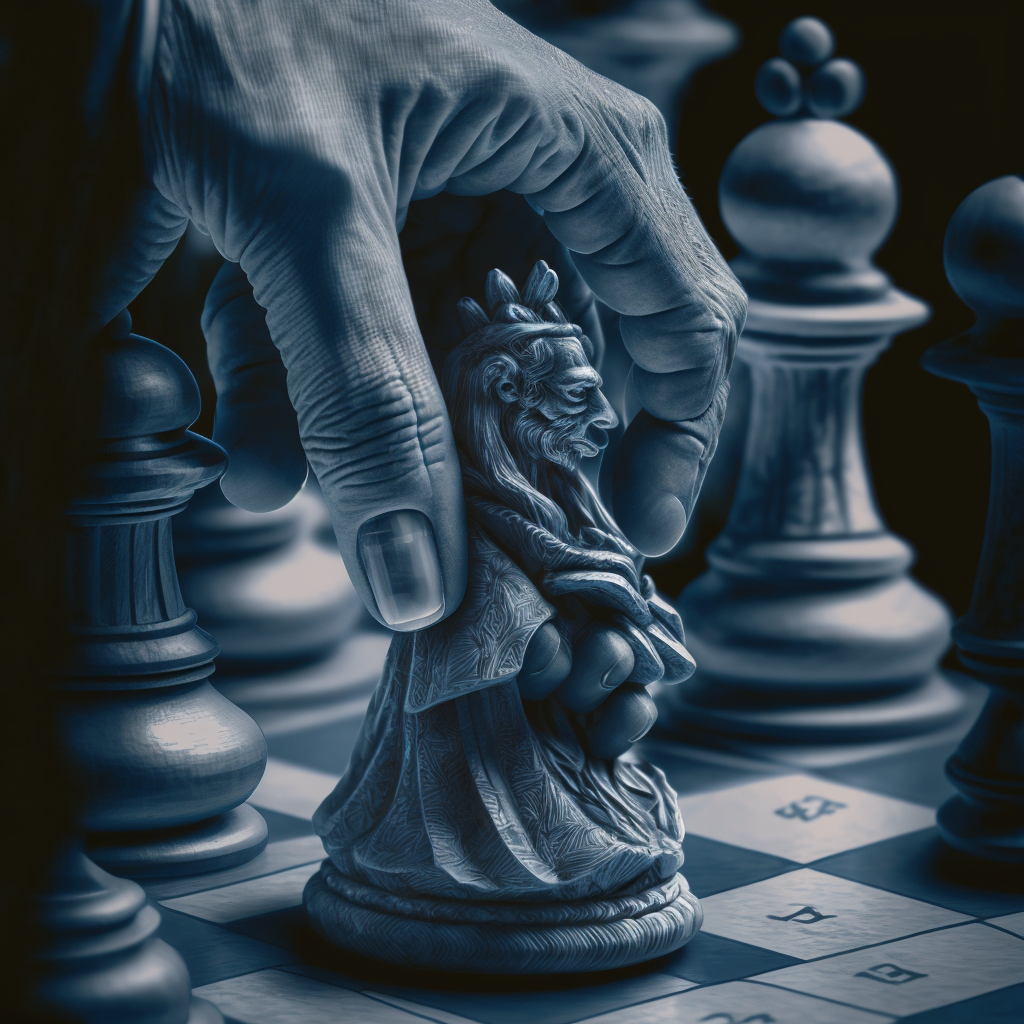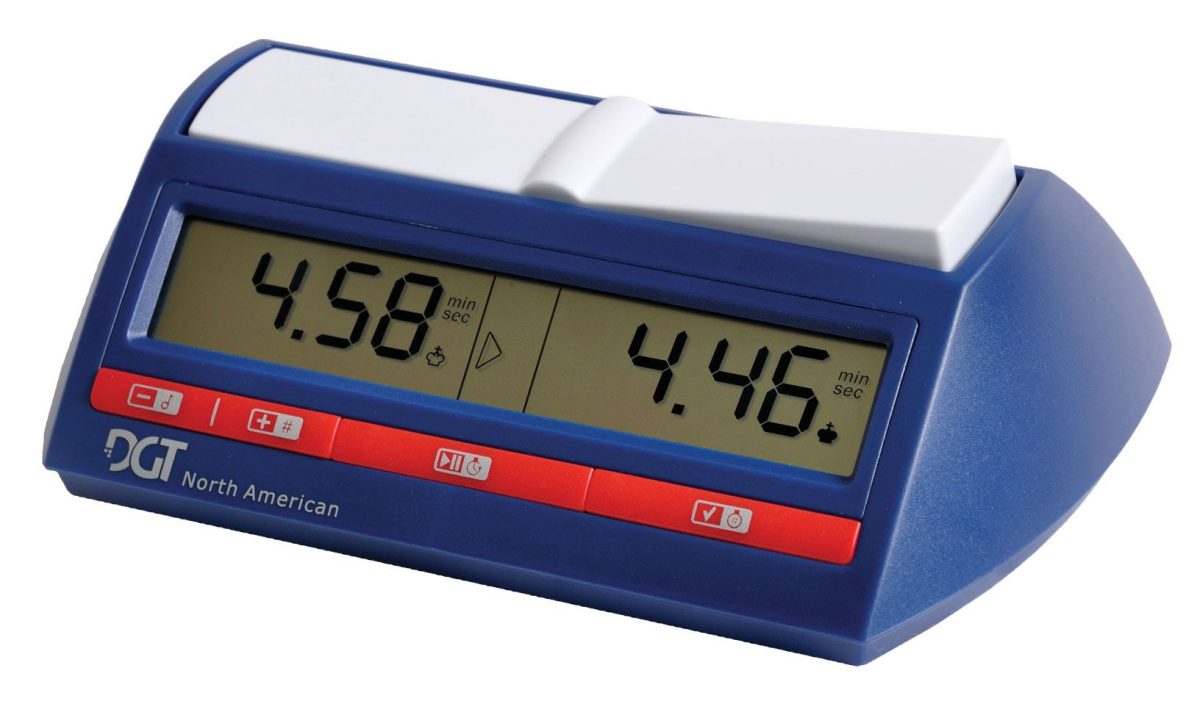Chess enthusiasts know that analyzing and archiving their over-the-board games is key to improving. This blog post will guide you through the process of analyzing your chess games and provide tips for keeping them well-archived for easier recall.
Notate every move:
Begin by diligently notating every move made during the game using standard algebraic notation (SAN). This will create a record of the game, making it easy to review and analyze later.
Identify critical moments:
After the game, review your notation and identify key moments such as tactics, combinations, or positional decisions. Mark these moments in your notation with symbols like ‘!’, ‘?’, or ‘!!’, indicating a good move, a mistake, or an excellent move, respectively.
Compare with an engine:
Use a chess engine, such as Stockfish or Komodo, to assess your moves and compare them with the engine’s suggestions. This will help you identify missed opportunities and improve your decision-making process.
Understand your mistakes:
Analyze your mistakes and find the reasons behind them. Were they due to calculation errors, lack of positional understanding, or time pressure? Identifying patterns in your mistakes can help you focus on specific areas for improvement.
Take notes:
Document your thoughts and observations from the analysis process. Write down any patterns or weaknesses you discover, as well as ideas for improvement.
Archive your games:
Organize your notated games in a database, such as ChessBase or SCID. (I personally use SCID vs. PC, which is free and Windows-based.) Include the date, your opponent’s name and rating, and any relevant tags or categories to make it easier to search for specific games or themes later on.
Review your games regularly:
Regularly review your archived games to reinforce lessons learned and track your progress over time. This will help you spot recurring issues and ensure you’re working on the right aspects of your game.
Conclusion:
Analyzing and archiving your over-the-board chess games is crucial to becoming a stronger player. By following these steps, you’ll be able to review your games effectively, identify areas for improvement, and track your progress over time. Make this a consistent habit, and watch your chess skills soar.

